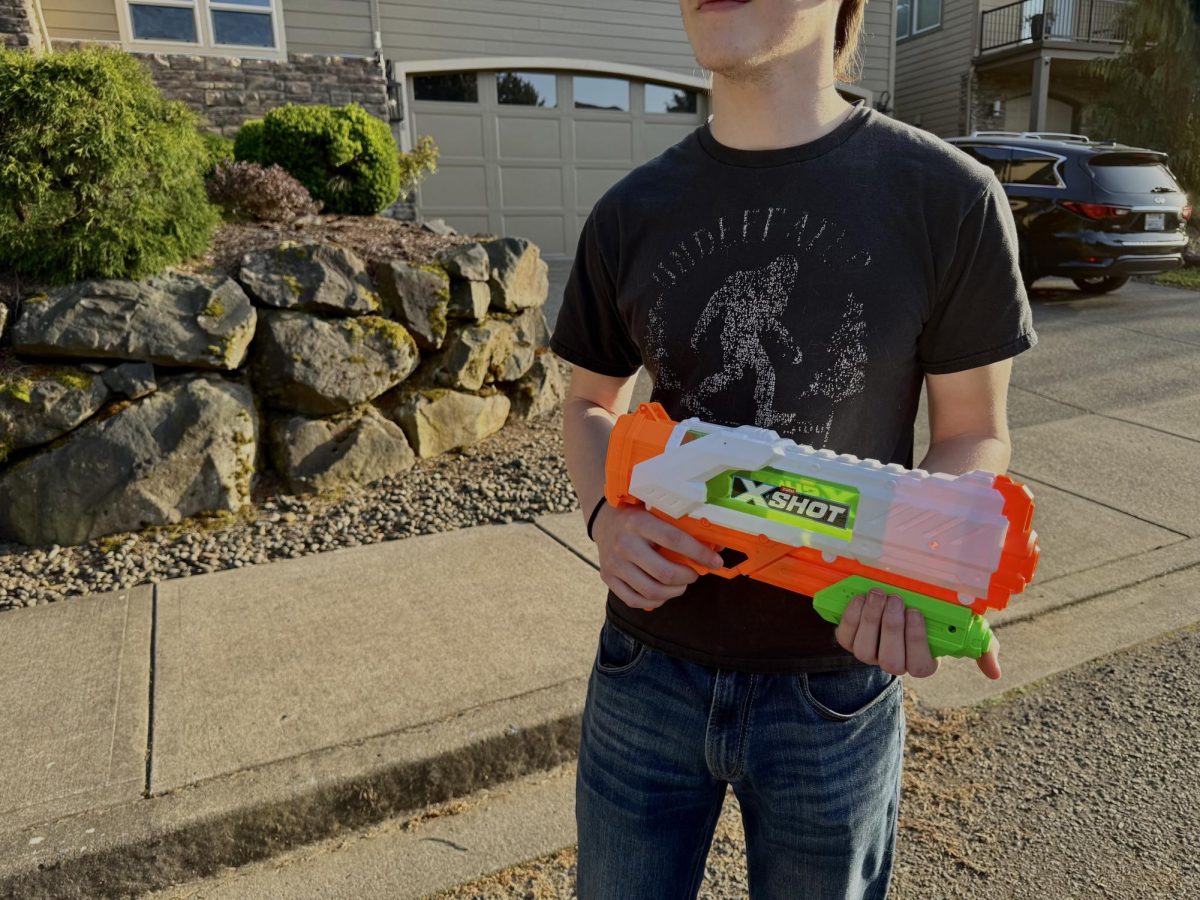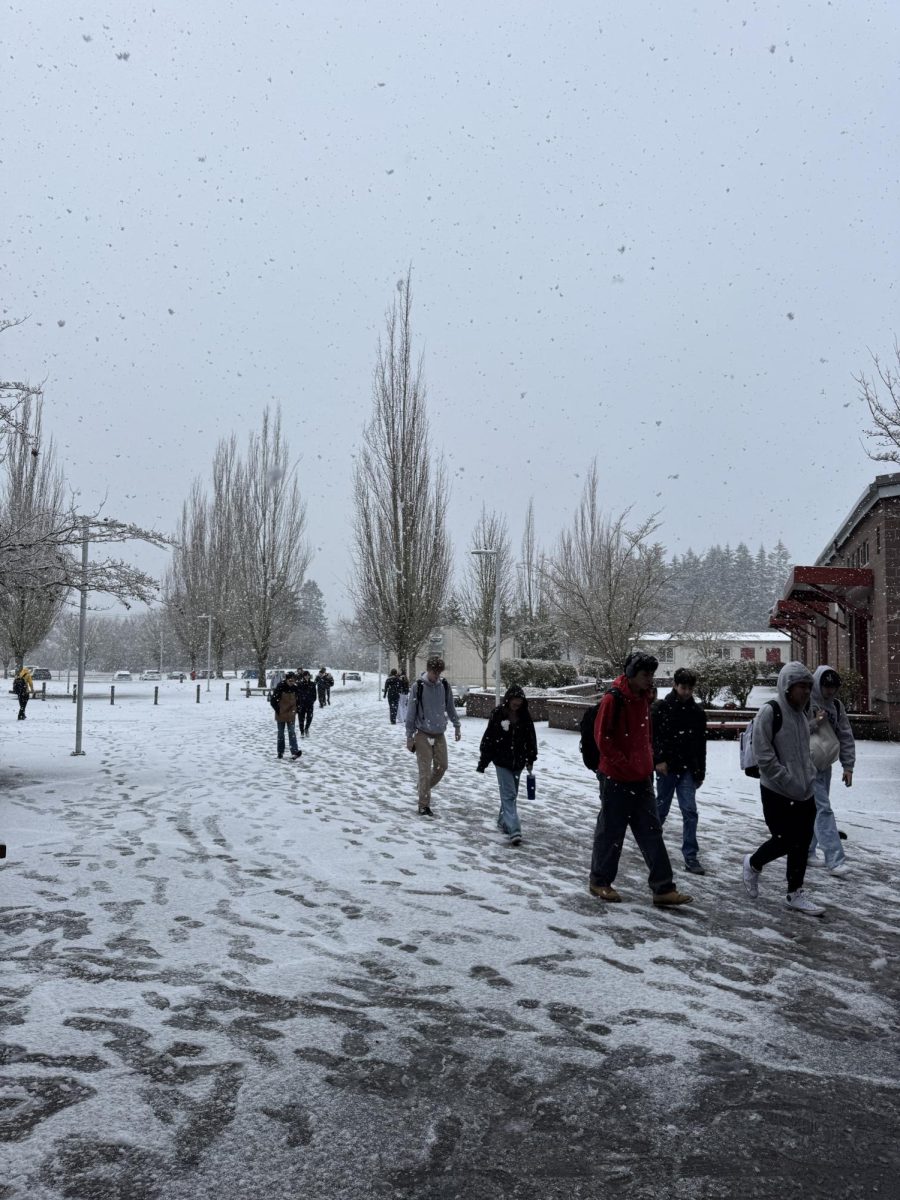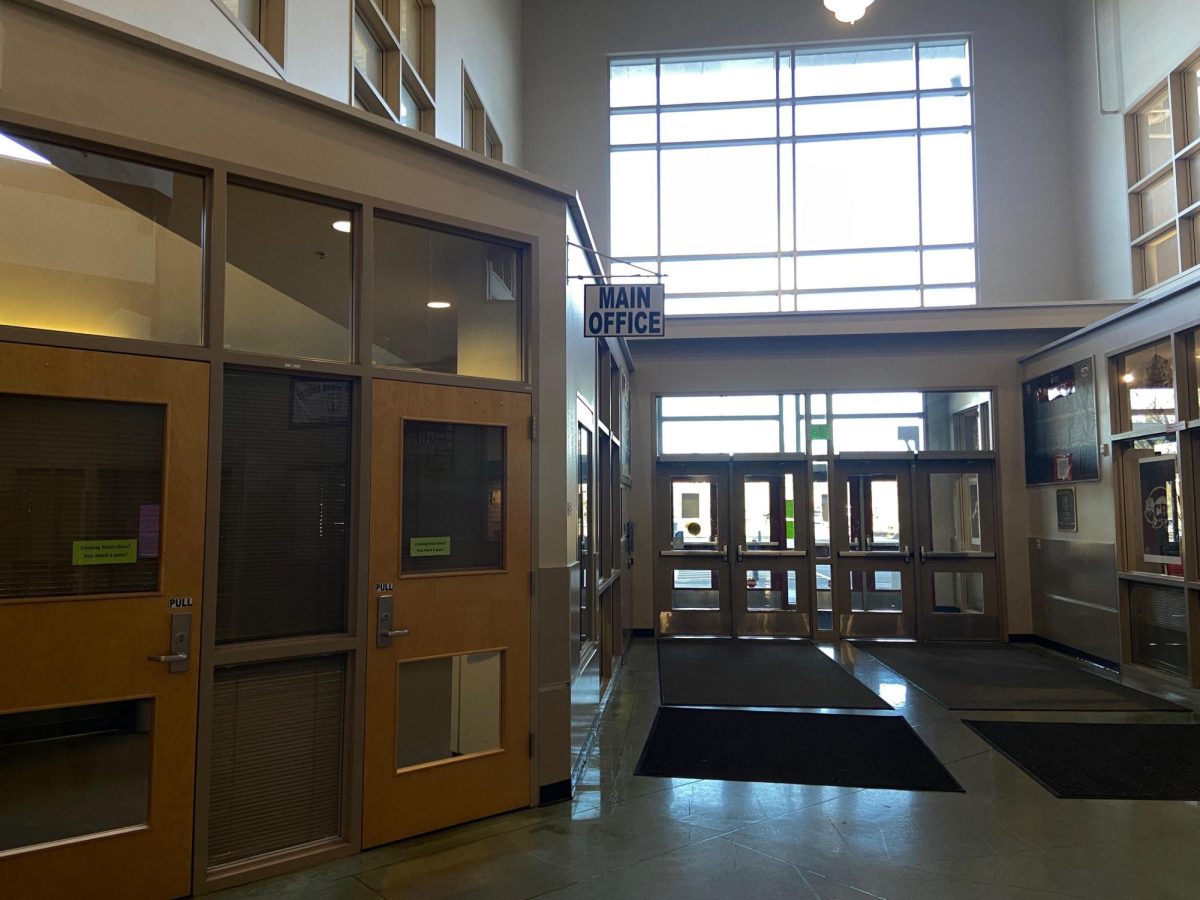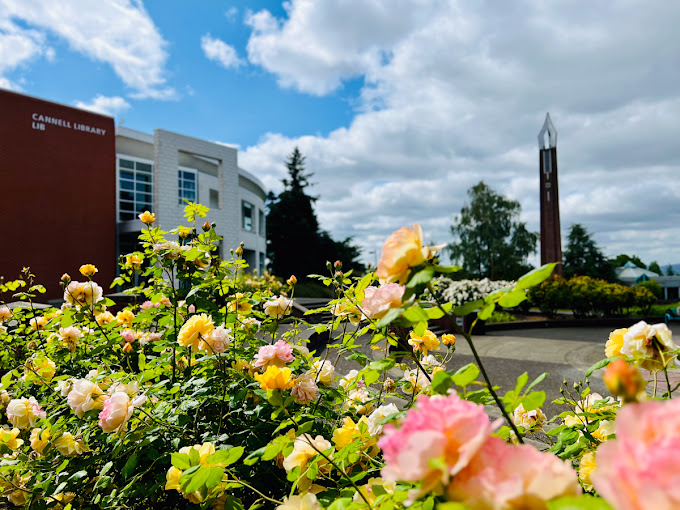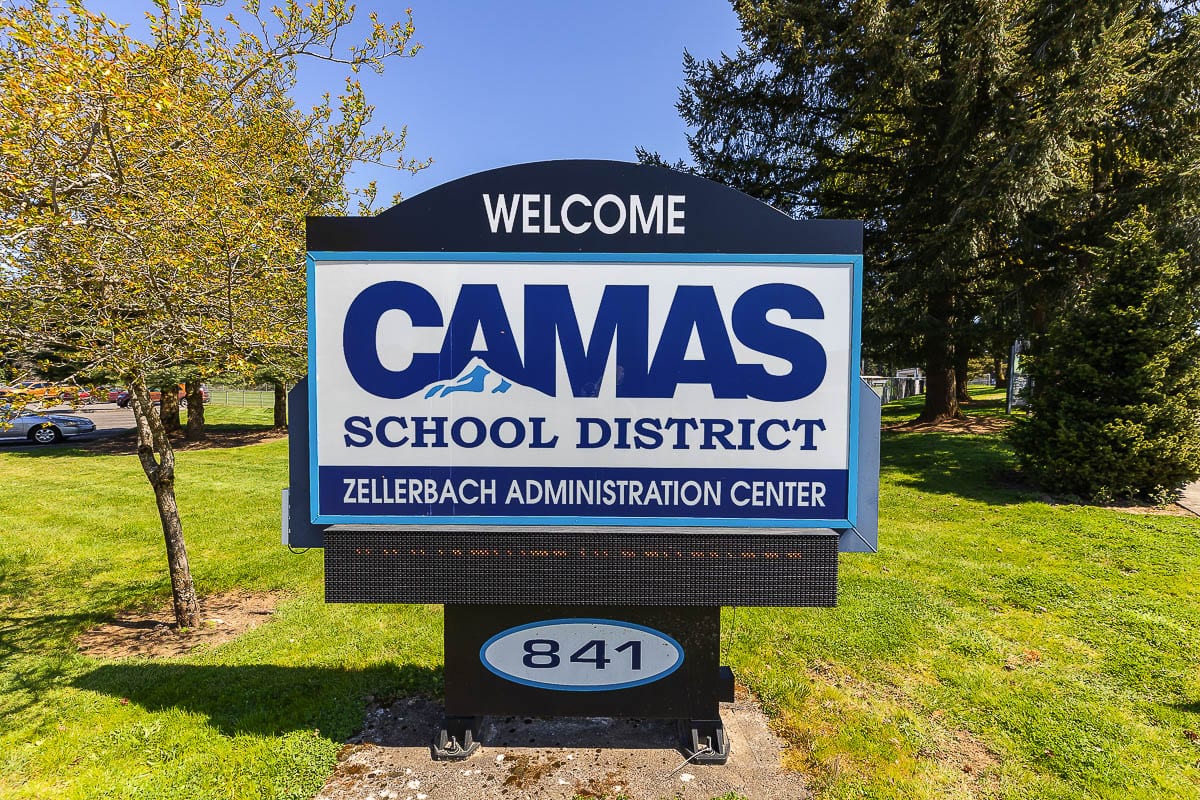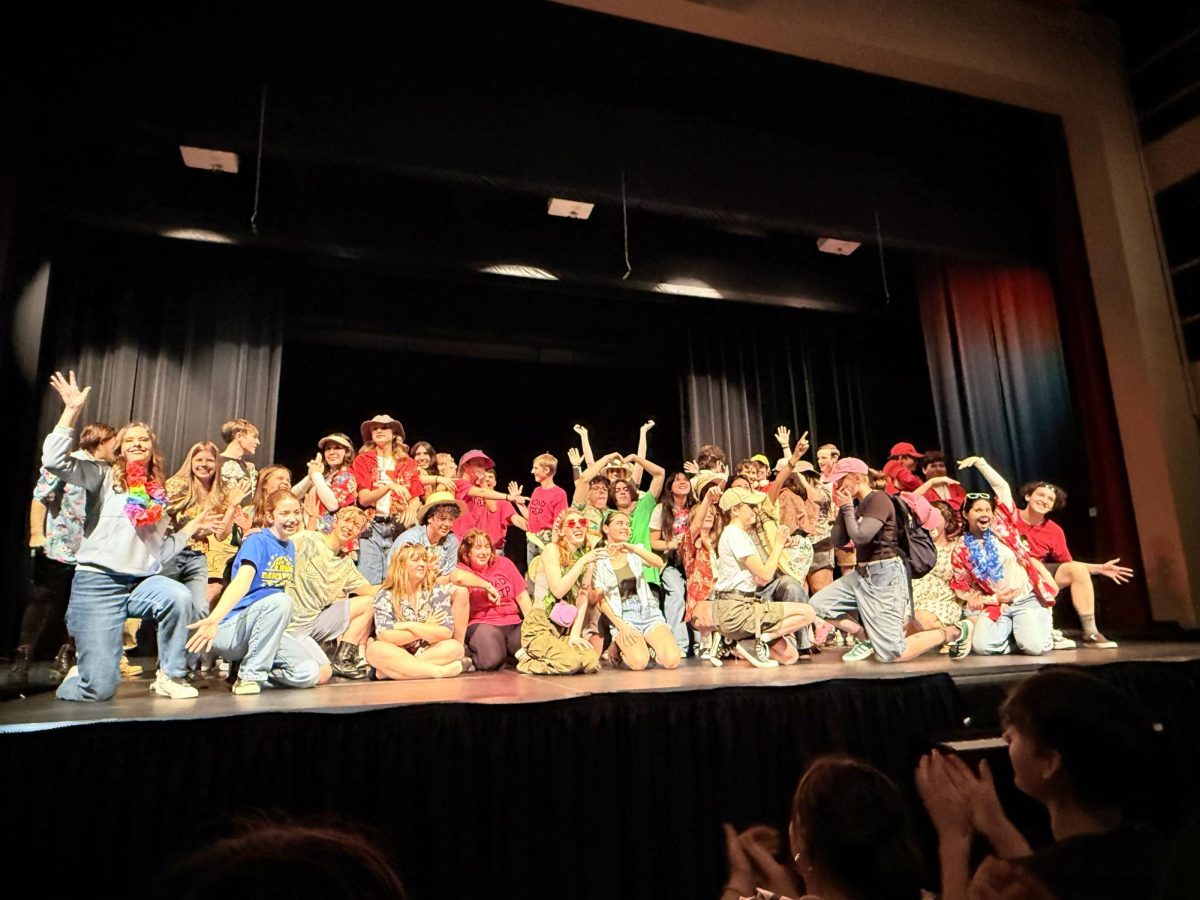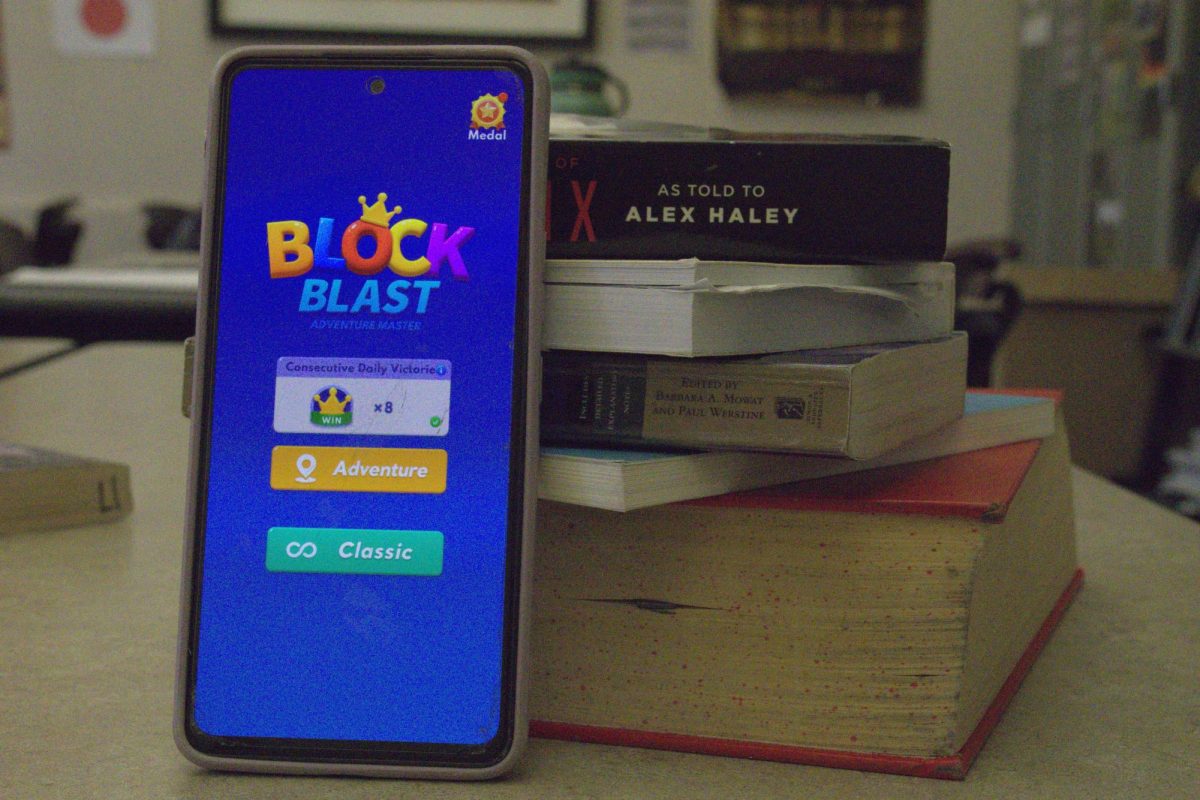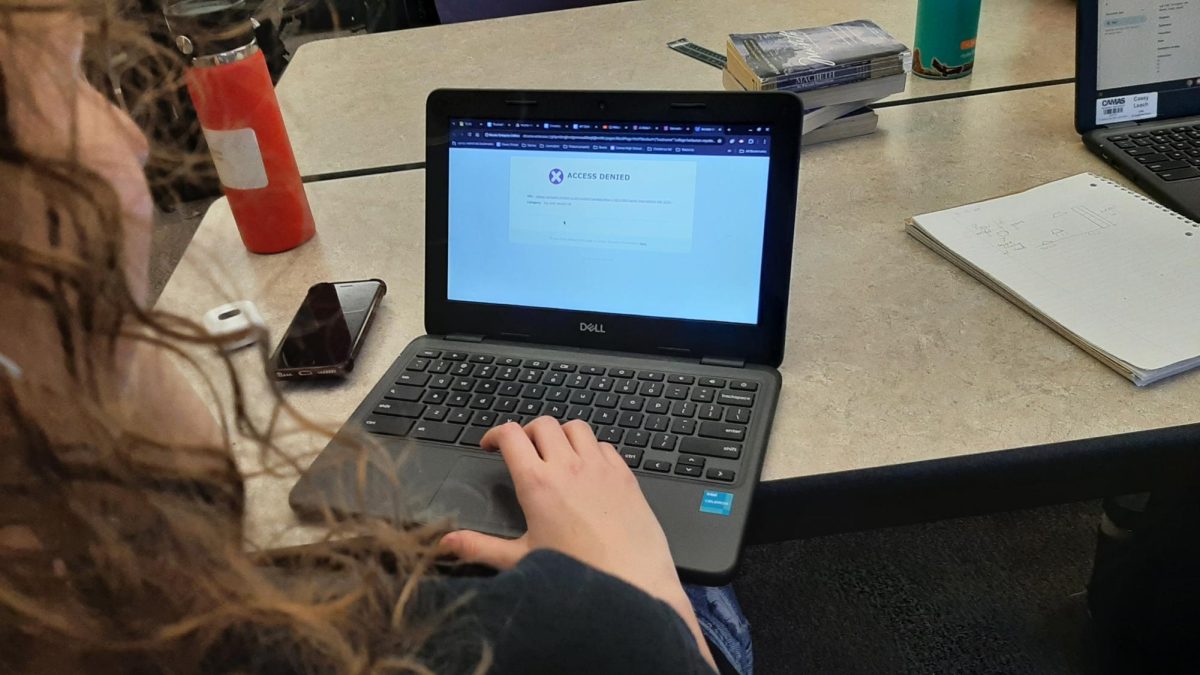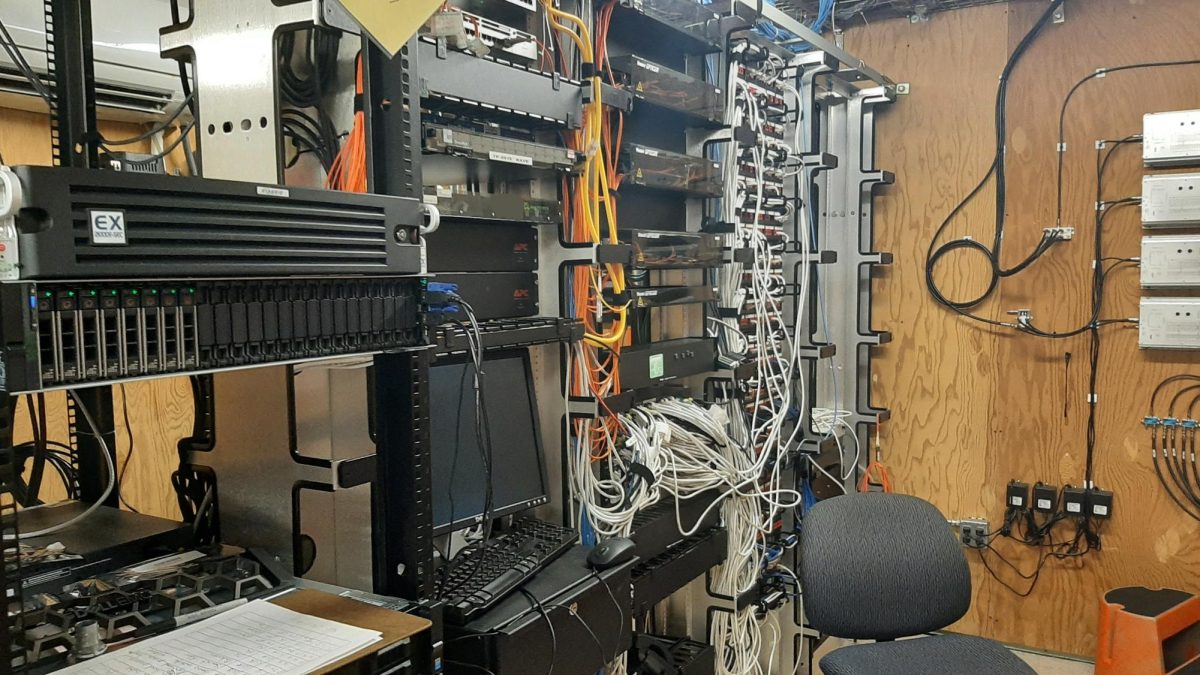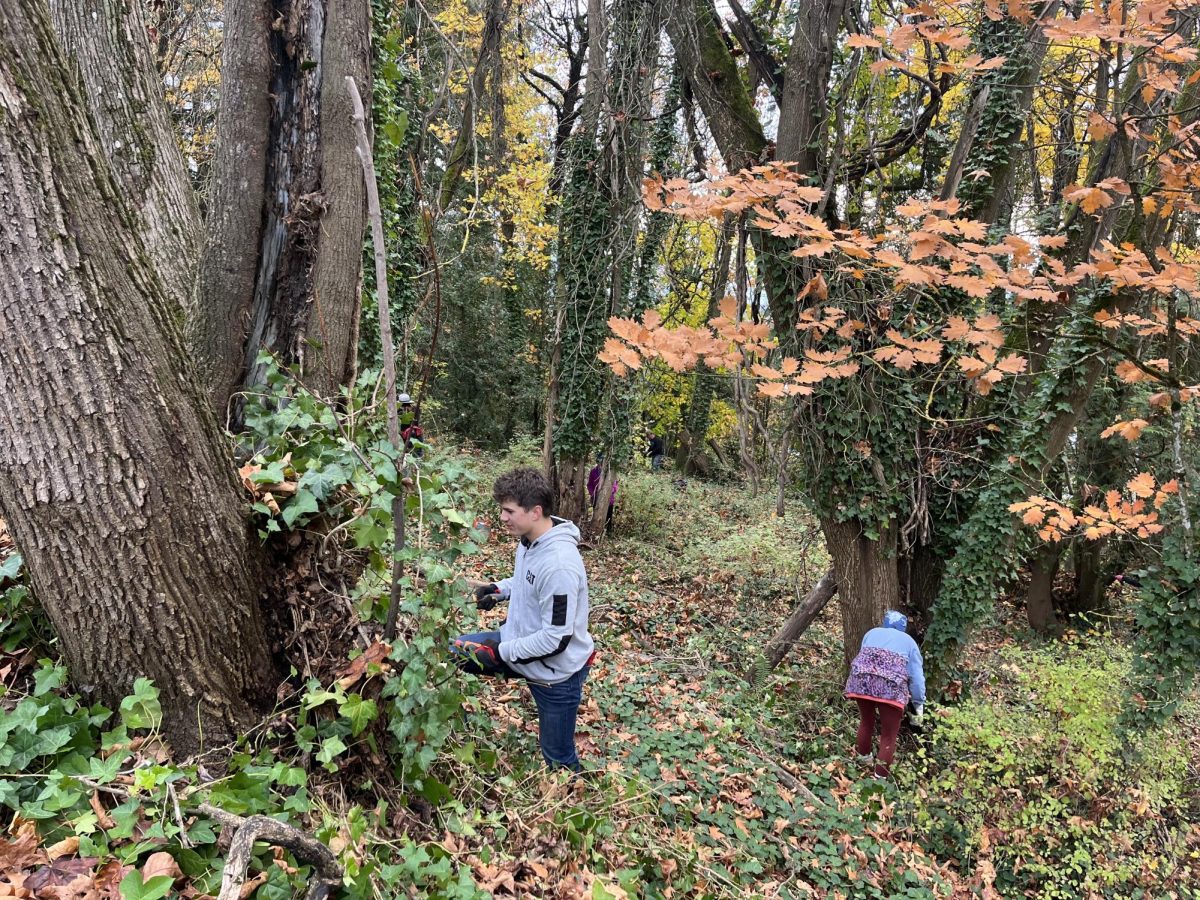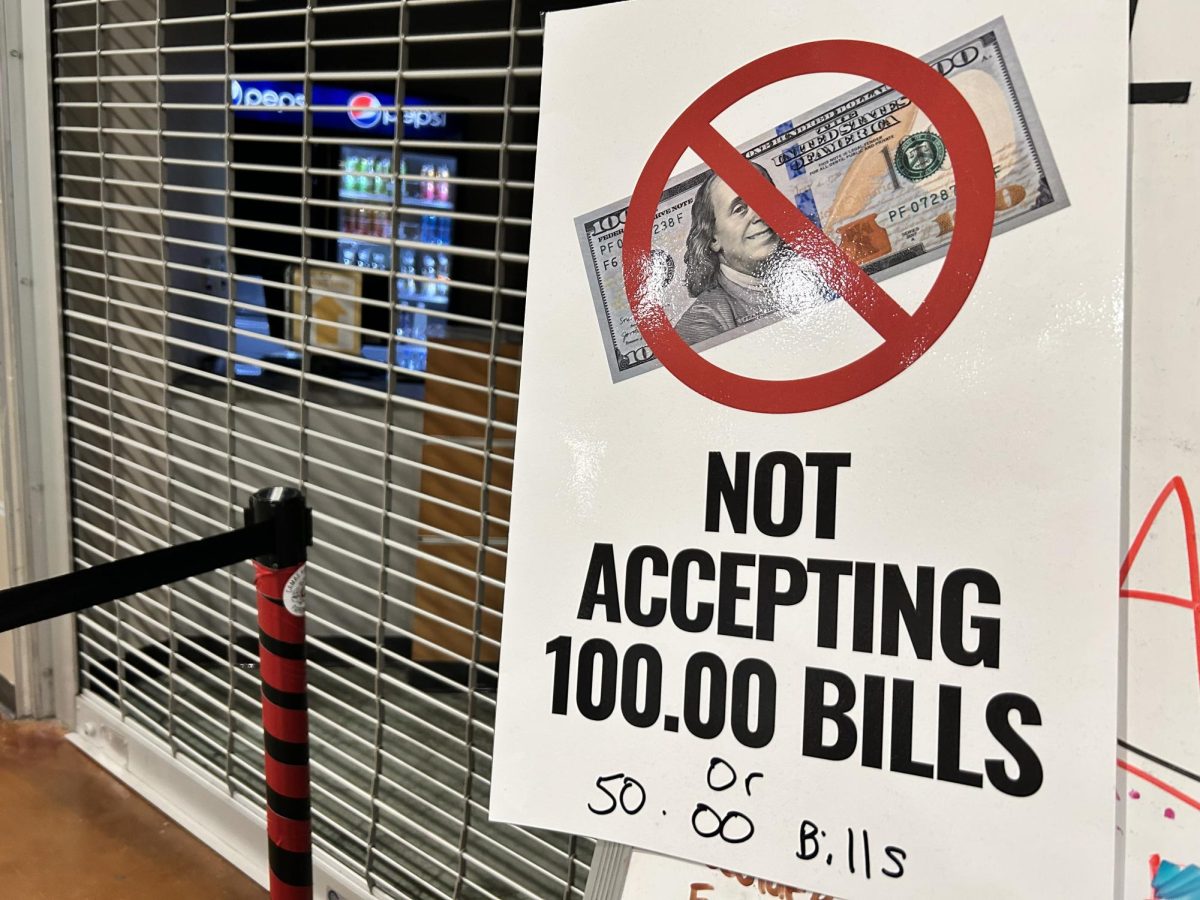VPN stands for Virtual Private Network. Many students download and use VPNs “to go on social media, or anything important.” an anonymous senior stated. By using VPNs, the Students can bypass the school’s regulations regarding websites. While using a VPN seems convenient as well as safe they can instead be particularly dangerous. “They can see all of that information I’m sending even password information.” Meghan Johnson, a Technology TOCA at camas added. By using a VPN, a student is sharing their information to another party potentially from another country; increasing their likelihood of being hacked.

The main reasons that the school blocks the sites it does is due to the state’s set minimum; The state sets categories that are then blocked by a computer. Teachers also can ask the technology faculty to block more specific sites: Games, Sparknotes, cheat sheets. Finally, non-educational services that use a lot of internet to run; “Music is a trend that uses a lot of bandwidth, and that’s part of the contract that we have with the state… the internet is to be used for educational use, and that would be wasting.” Adam Green, a network engineer at Camas high school explained.
Bandwidth is the range of frequencies within a given band, in particular, that used for transmitting a signal. Because each school only has so much internet (bandwidth) to be shared by the students, faculty, and staff, they want to have it used strictly for educational purposes.
When the state sets their limits for which sites should be blocked, they are avoiding sites that advocate self-harm, suicide, as well as pornography. These sites are blocked to keep students from seeing harmful images
or ideas. Meghan Johnson added, “the items are purchased for educational use … just to be good stewards of our resources we need to make sure that those things are used for educational purposes.” High school is meant to prepare students for college and life, but when students misuse the internet, they can hinder other students education in the process.










